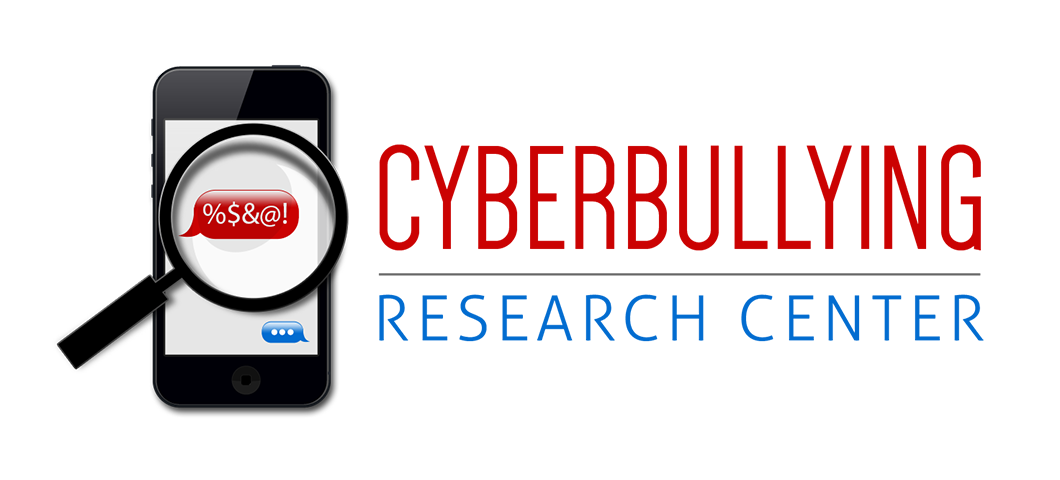
Much of our work over the last several years has focused on identifying the consequences associated with cyberbullying. We are especially interested in offline behaviors or experiences, as well as links to delinquency and school problems. And we are concerned with the outcomes of both targets and those who engage in cyberbullying. One particular problem behavior that we have found to be linked to cyberbullying is substance use. According to the University of Michigan’s Monitoring the Future Study, about 21% of high school seniors said they used marijuana and about 19% smoked cigarettes in the previous 30 days. About 41% of the seniors said they consumed alcohol in the last 30 days. Experimentation with illicit substances appears to be relatively common in high school, though a significant proportion of this population abstains from use.
We published a paper in 2008 which found the students who reported substance use (consumed alcohol or smoked marijuana) were significantly more likely to be involved in cyberbullying (both as a victim and offender – but the offender relationship was stronger) – see page 143 this paper. I also just quickly ran the relationship with our most recent data (about 4000 students from last school year) and found that those who used marijuana were 1.5 times more likely to be the victim of cyberbullying and 1.7 times more likely to engage in cyberbullying (both in the last 30 days while controlling for gender and age). Very similar findings were found for traditional bullying as well. So there clearly is a relationship between substance use and experience with bullying and cyberbullying.
It is important to acknowledge that since we have not yet been able to conduct a longitudinal study where we follow the same individuals over time, it is impossible for us to say that experience with cyberbullying causes teens to use drugs or consume alcohol. It is just as possible that using drugs causes teens to cyberbully others. All we can say is that the two or more behaviors are connected in some way. In fact it is quite likely that both cyberbullying and substance use are both related to some third variable (such as family problems or stressful life events). That said, this is additional evidence that what happens online is related to offline behaviors (and perhaps vice-versa). As always, there is more research that needs to be done.








Another explanation is : there is no casual link between substances’ use and cyberbullying (whatever direction). As many previous research show risk behaviors (and we can treat both of them as such)) appear in groups and also protecting and risk factors for them seem to be general (not specific for particular risk behaviors). I must say that my recent research on representative sample of Polish adolescents backs up this interpretation. From practical perspective such explanation seems crucial as it gives some guidelines for prevention.
Another explanation is : there is no casual link between substances’ use and cyberbullying (whatever direction). As many previous research show risk behaviors (and we can treat both of them as such)) appear in groups and also protecting and risk factors for them seem to be general (not specific for particular risk behaviors). I must say that my recent research on representative sample of Polish adolescents backs up this interpretation. From practical perspective such explanation seems crucial as it gives some guidelines for prevention.
that is bad for everyone
that is bad for everyone